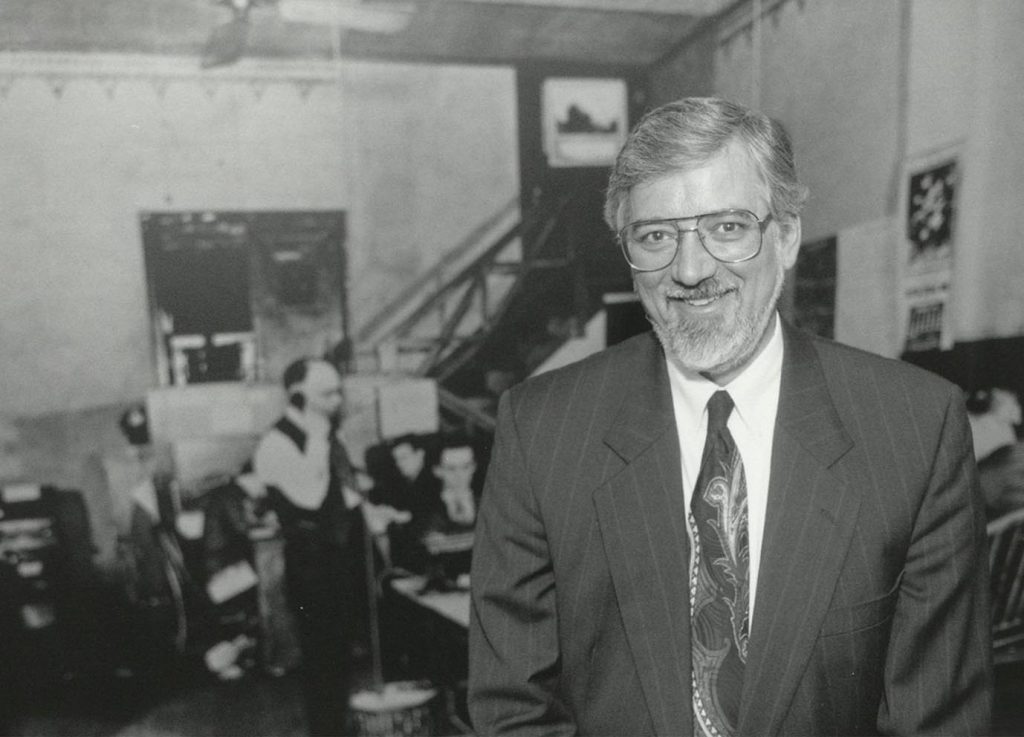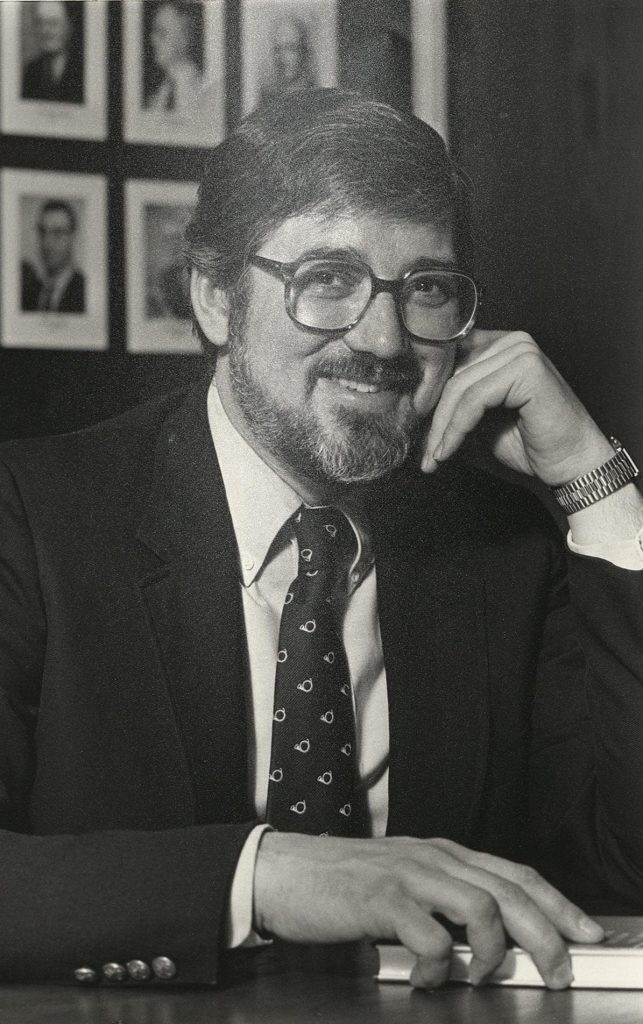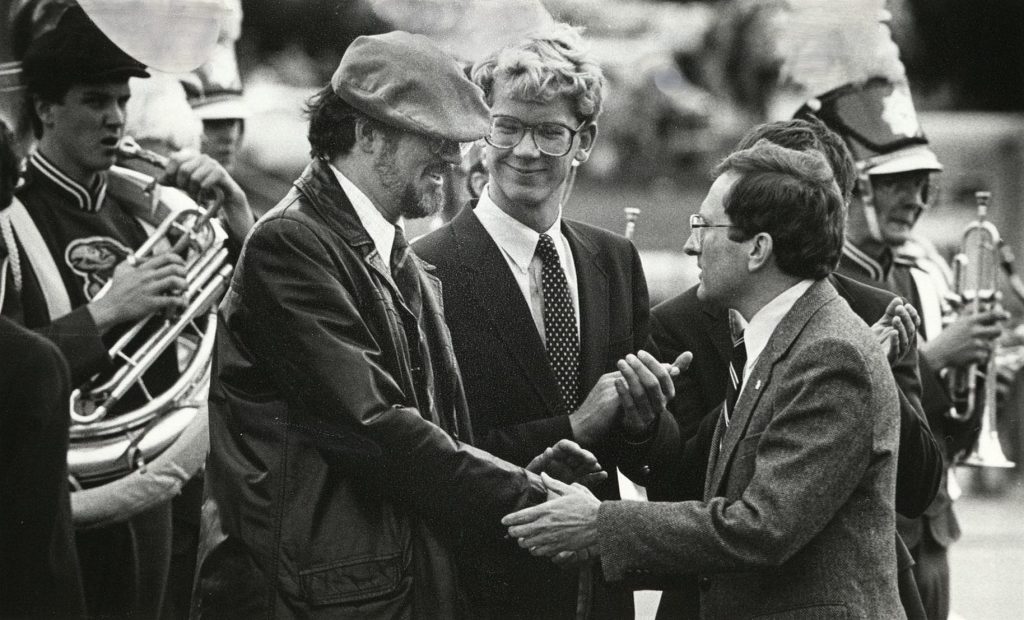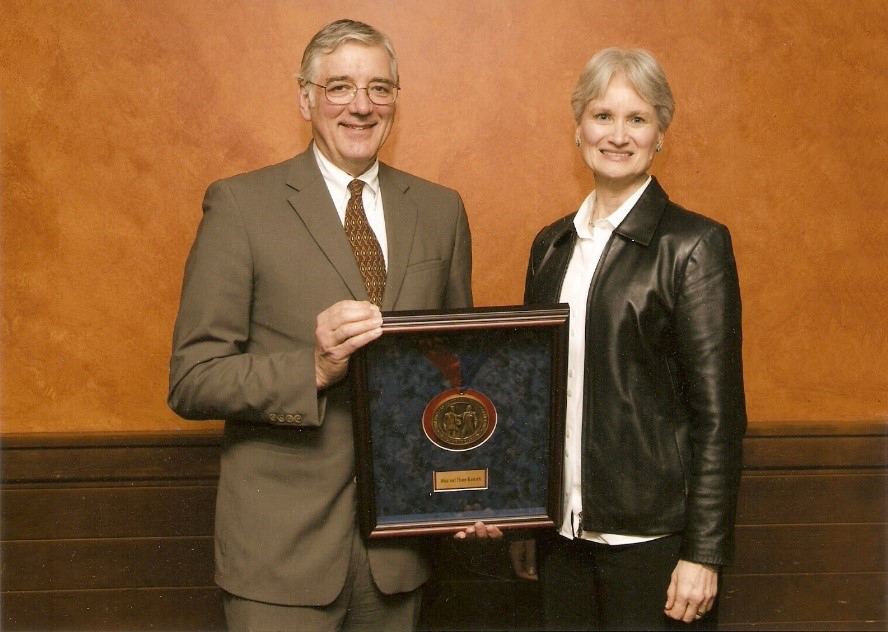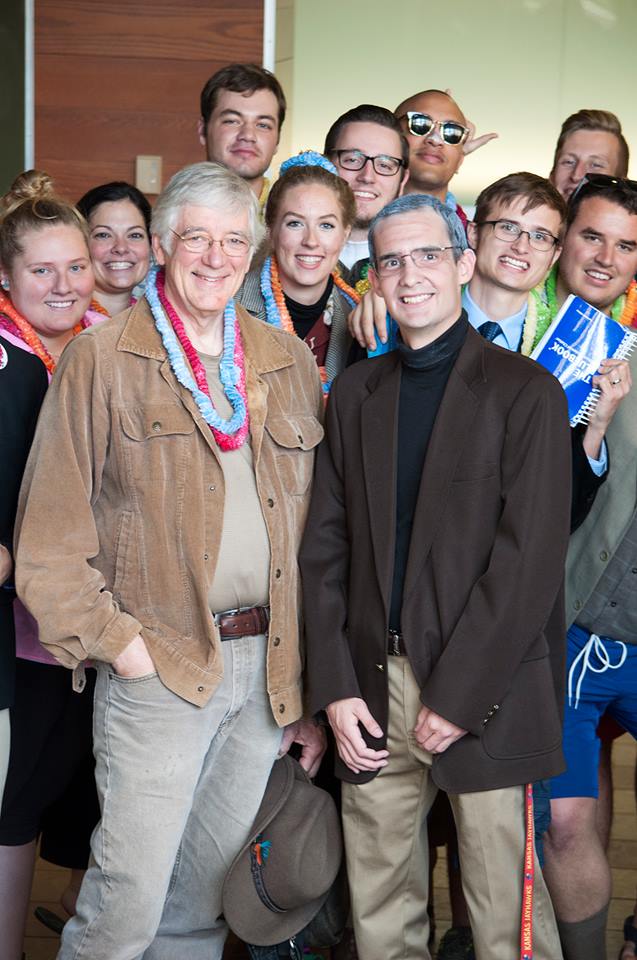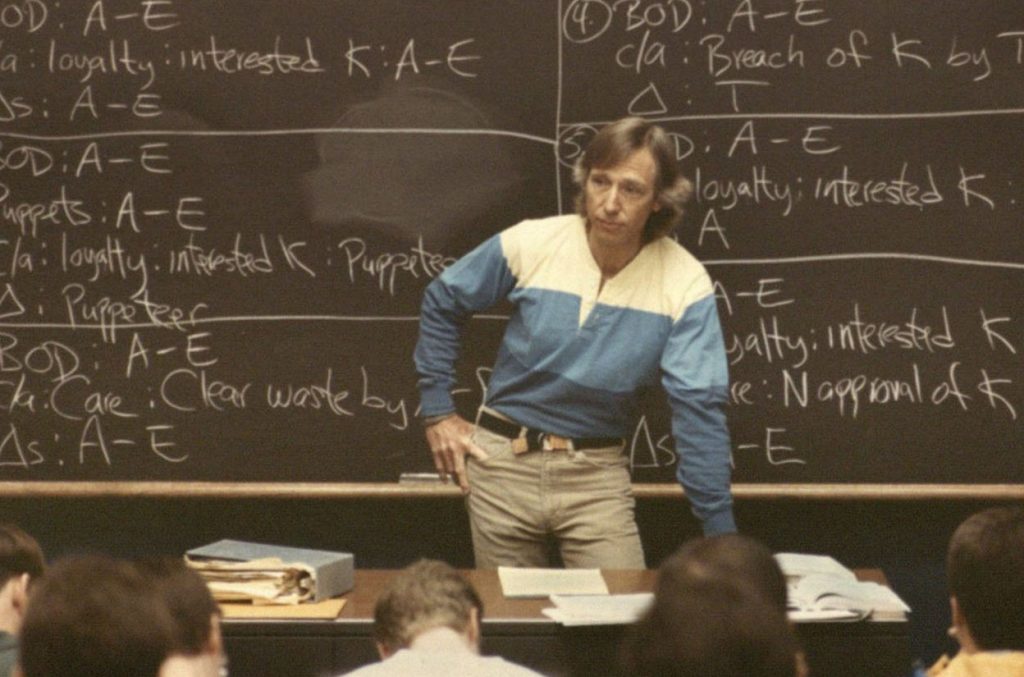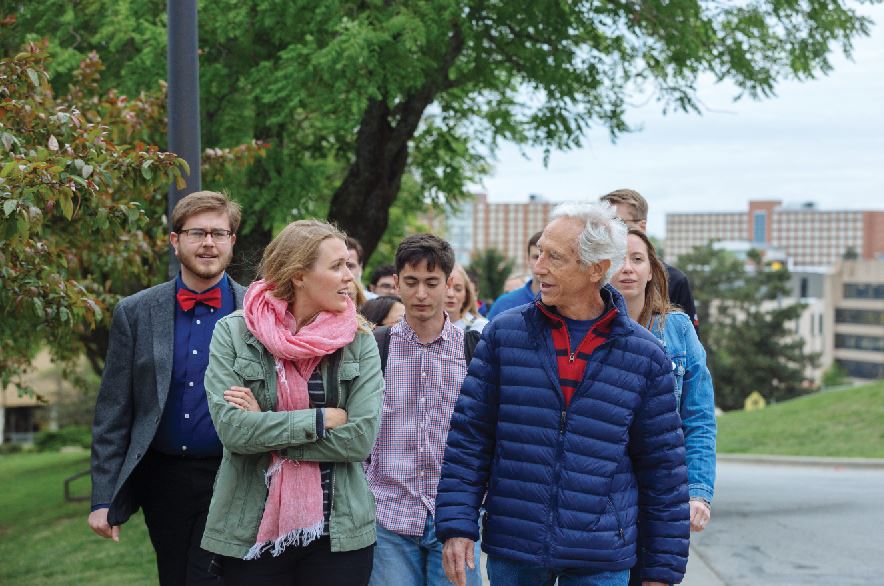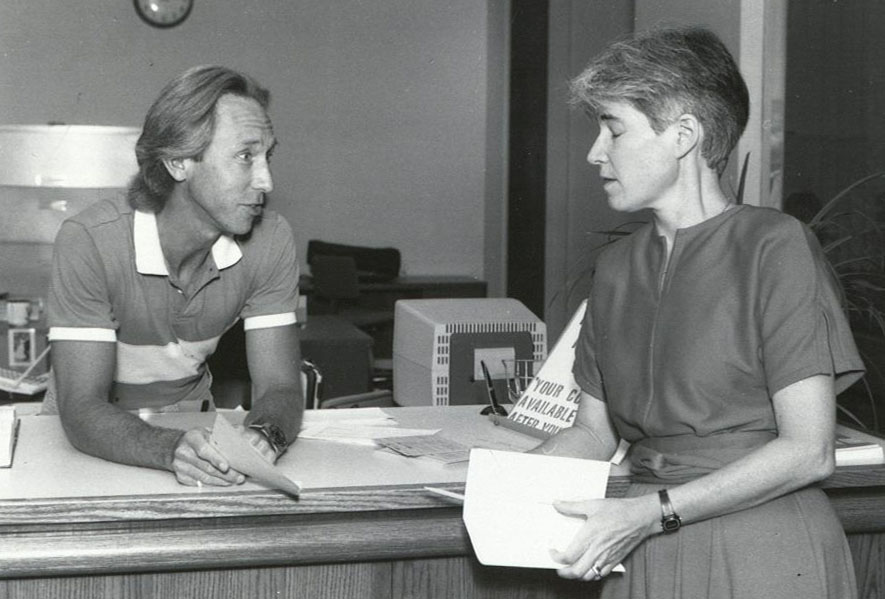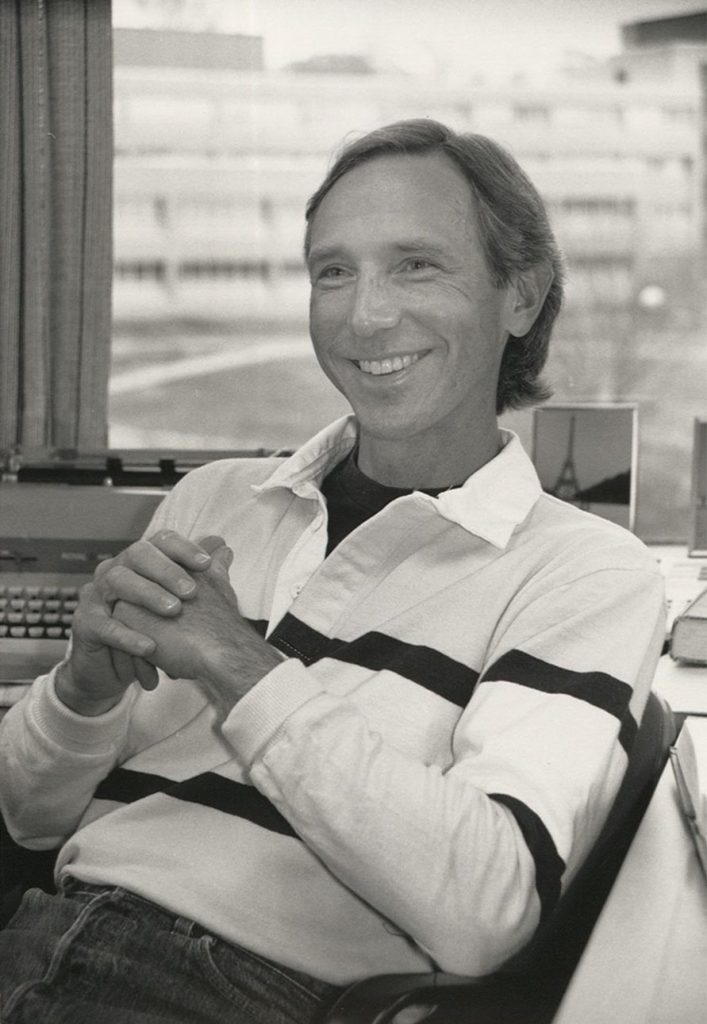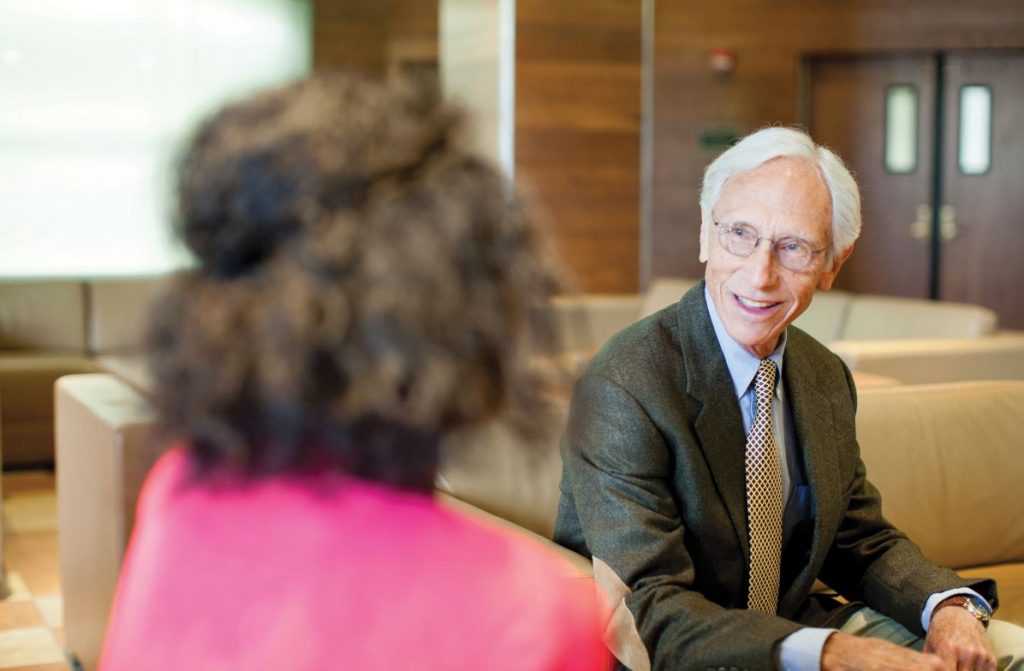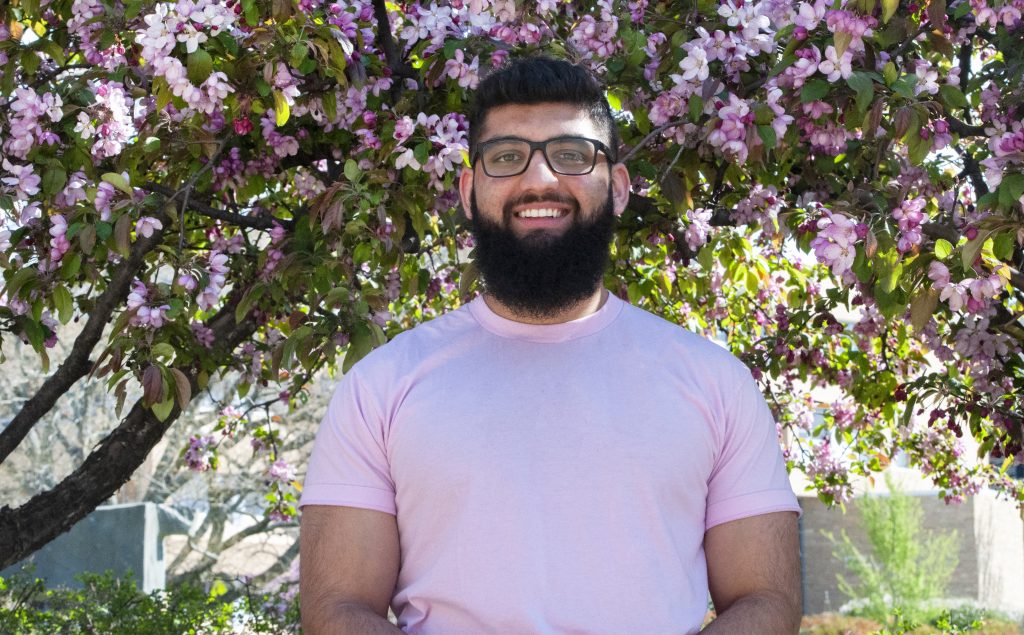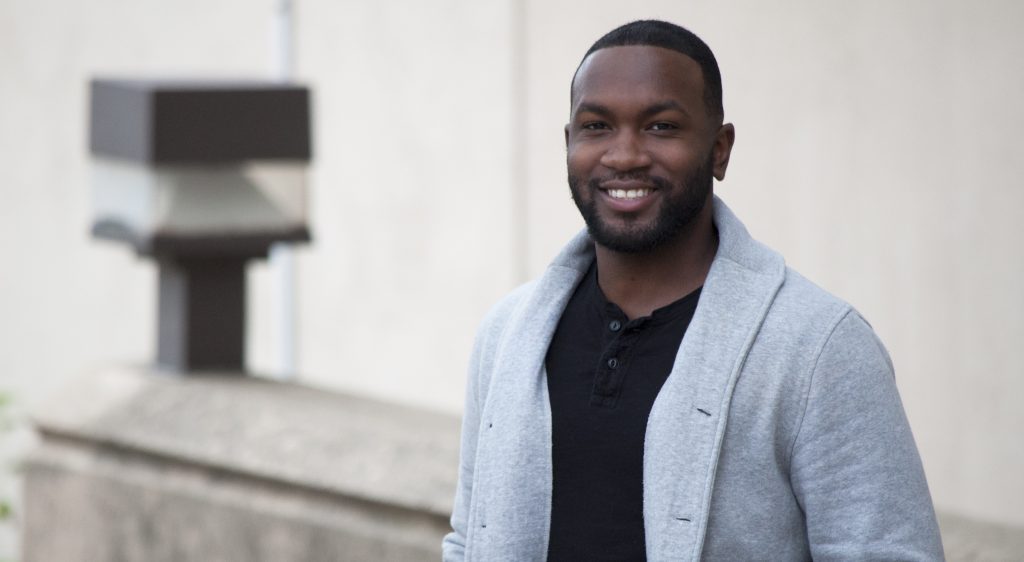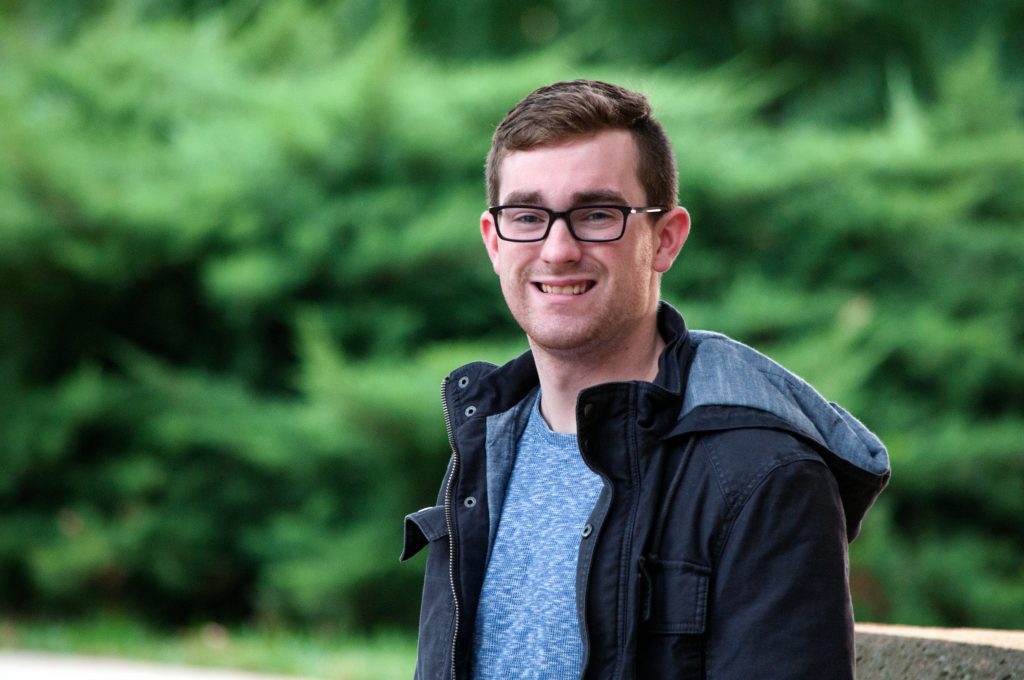
I struggled mightily with what to write for this blog. How do I encapsulate three years of blood, sweat, caffeine and tears in 700(ish) words? I decided that the only way to this would be a personal favorite blog method of mine: power rankings. So without further ado, welcome to the KU Law Class of 2019 Years-In-Review Power Rankings (working title). The rankings will be in reverse order because I firmly believe in the principle of saving the best for last.
5. Bluebook Relays: The Bluebook Relays were a phenomenal time. The idea is brilliant: how can we take a bunch of uber-competitive, fresh-faced 1Ls and bring out the best in them? Answer: make them put on costumes and then put them in a pressure cooker until one group scrapes by with decent enough Bluebook citations to be declared the winner. Our class was incredibly creative (shout out Ken Bone) and ultimately a winner was declared, but at the end of the Relays, we had officially become classmates. We all won that day.
4. TGITs (R.I.P.): For many of us, walking into Green Hall for those first couple of weeks was a terrifying experience. Knowing very few people and having to make connections on the fly while also learning how to be law students was a tricky experience. Luckily for our class, we were given a respite from the stress and anxiety each Thursday evening at a local watering hole. Those TGITs are where many of us really met our fellow classmates as well as upperclassmen for the first time and gave us an opportunity to blow off some steam with our friends and colleagues who understood the stress that we all were facing on a daily basis. Those TGITs are wonderful memories for many of us and hopefully in the future other classes will have the opportunity to revive the long-standing KU Law tradition. Rest easy TGITs, you will always be remembered fondly.
3. Finishing 1L Year: Oh, what a magnificent feeling. After months of stress, anxiety and feeling like there was no end in sight, the light at the end of the 1L tunnel appeared and after that last final was complete and turned in for better or worse, we had done it. One year in the books. Though only a third of the way to graduation, it felt as if we had finished a marathon. I will only speak for myself, but there was no keeping the jubilation at bay that day. For the first time in a while, it felt like this whole law school thing was achievable. Two years later that feeling of relief, joy and a fair bit of caffeine withdrawal, still stands out.
2. Last Hurrahs for Professors: I feel that our class was incredibly fortunate in the timing of our entry into law school as we were able to participate in a few long-term professors’ final classes at KU Law. While all of our professors have been incredible teachers, colleagues, counselors and even friends, I want to give special recognition to three professors that gave their final acts of enthusiasm, energy and expertise to us and graced us with their teaching. Professors William Westerbeke, Webb Hecker and Phillip DeLaTorre, you were excellent ambassadors for the law school, unbelievable professors of the law and true giants of your craft. We were blessed to have learned from you and all three of you deserve every ounce of joy and happiness you have enjoyed or will enjoy after you move on from KU Law. Thank you for your service and dedication, all of KU Law throughout the years is grateful for the time you chose to spend with us in Lawrence.
1. Graduation (prospectively): I’m cheating on this one because it hasn’t happened yet, but obviously graduation is what this has all been about. Though in the darkest times it may have seemed like this rollercoaster ride would never end, we are mere days from exiting Green Hall for good and going forth as graduates. It has been fun, it has been occasionally not fun and it has been a whirlwind of emotions for all of us. But we did it, we are about to cross the finish line, and though this feels like the end of a long story, it is just the end of a chapter. We will all go forward and continue to write our individual stories, but for three years, we shared in the same tale. I want to thank all of the Class of 2019 for the memories and experiences. I wish every one of you nothing but the best in the future.
— Aaron Holmes is a 3L from Hutchinson and a KU Law Student Ambassador.
